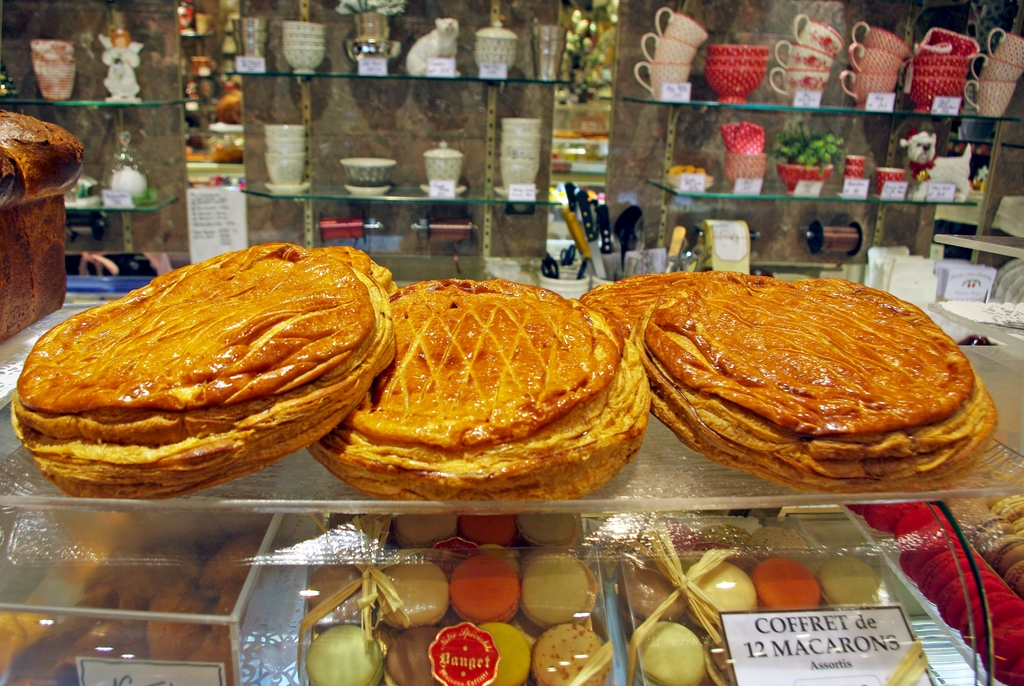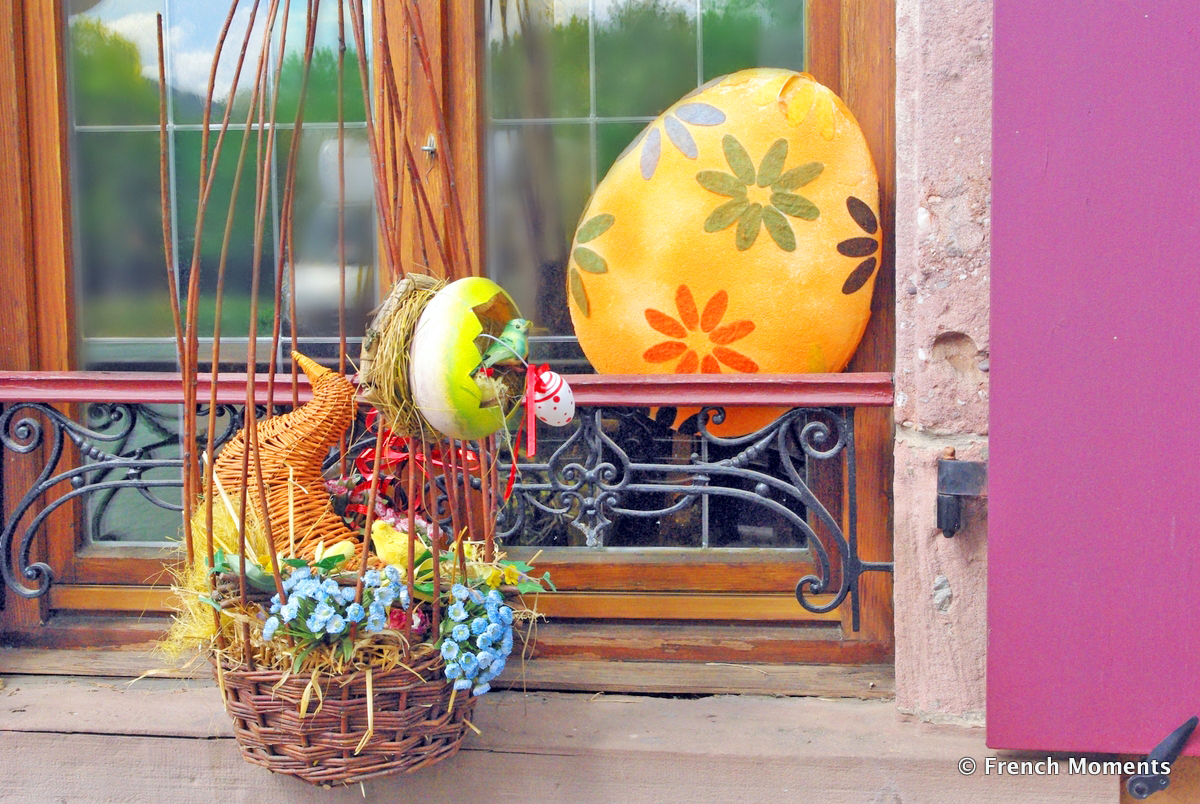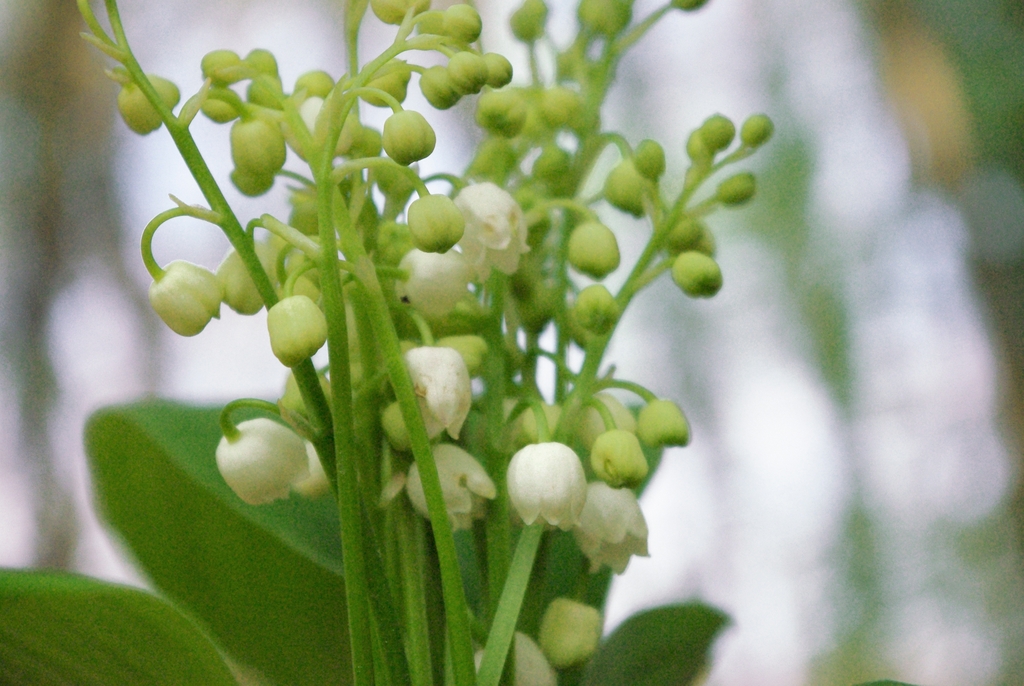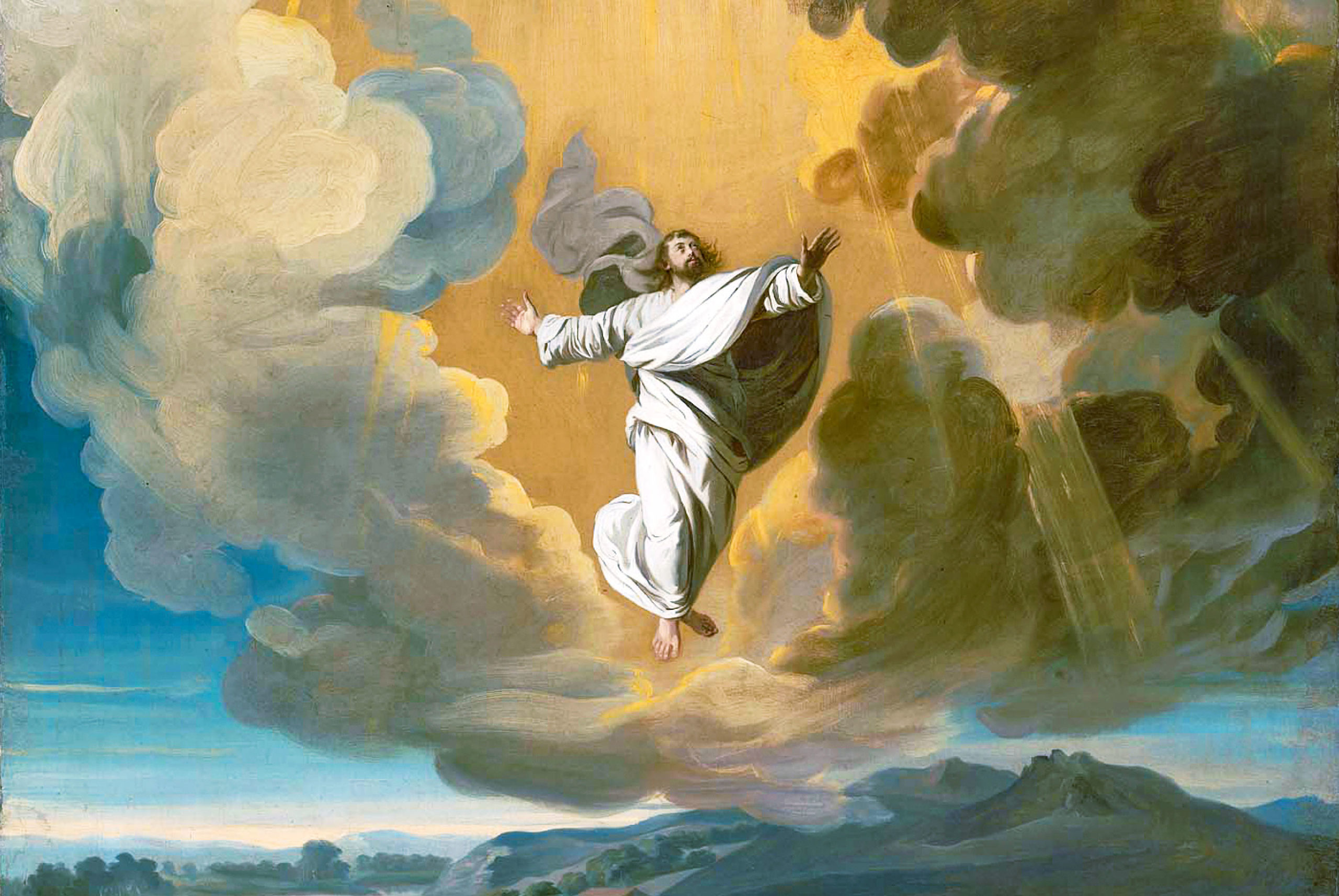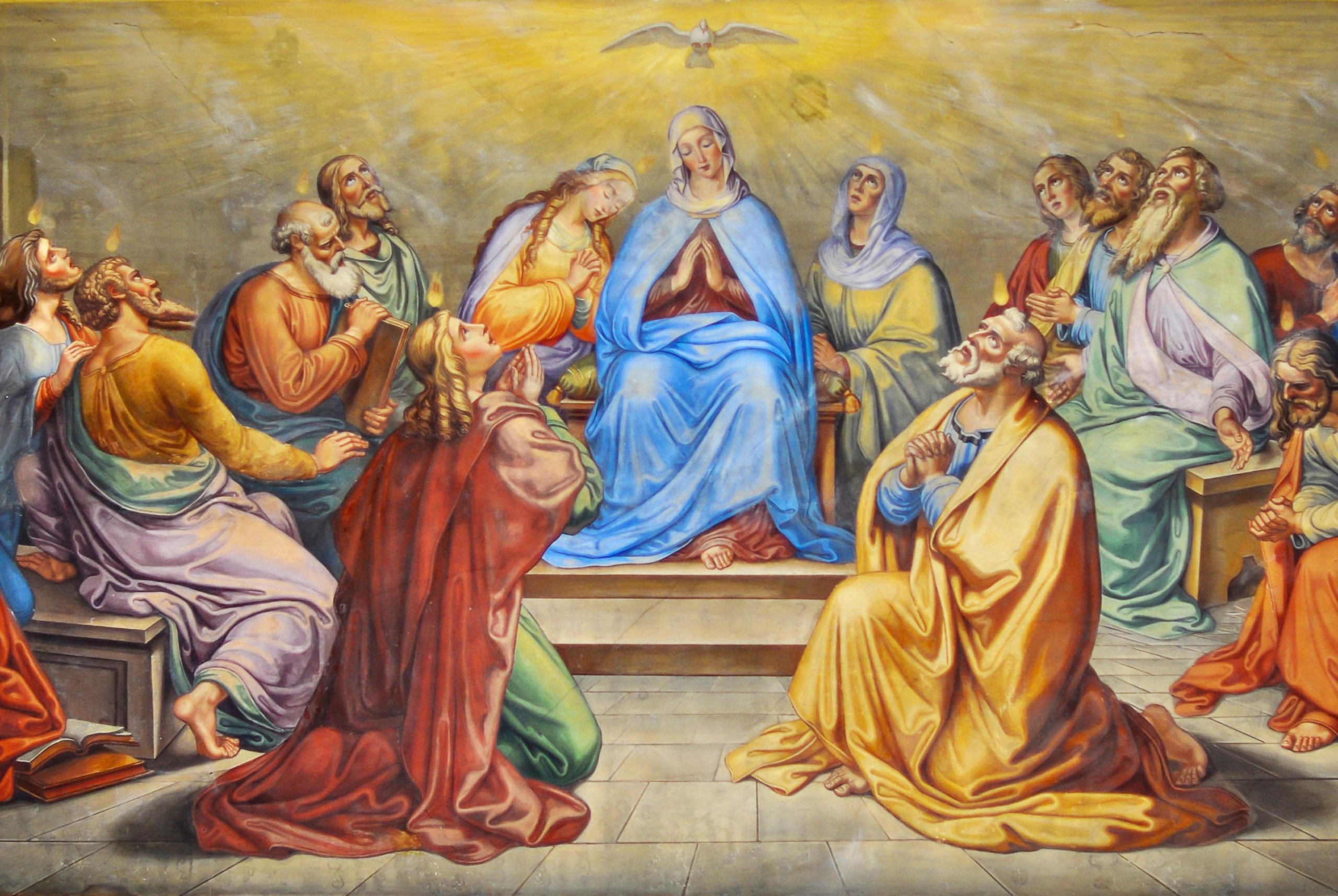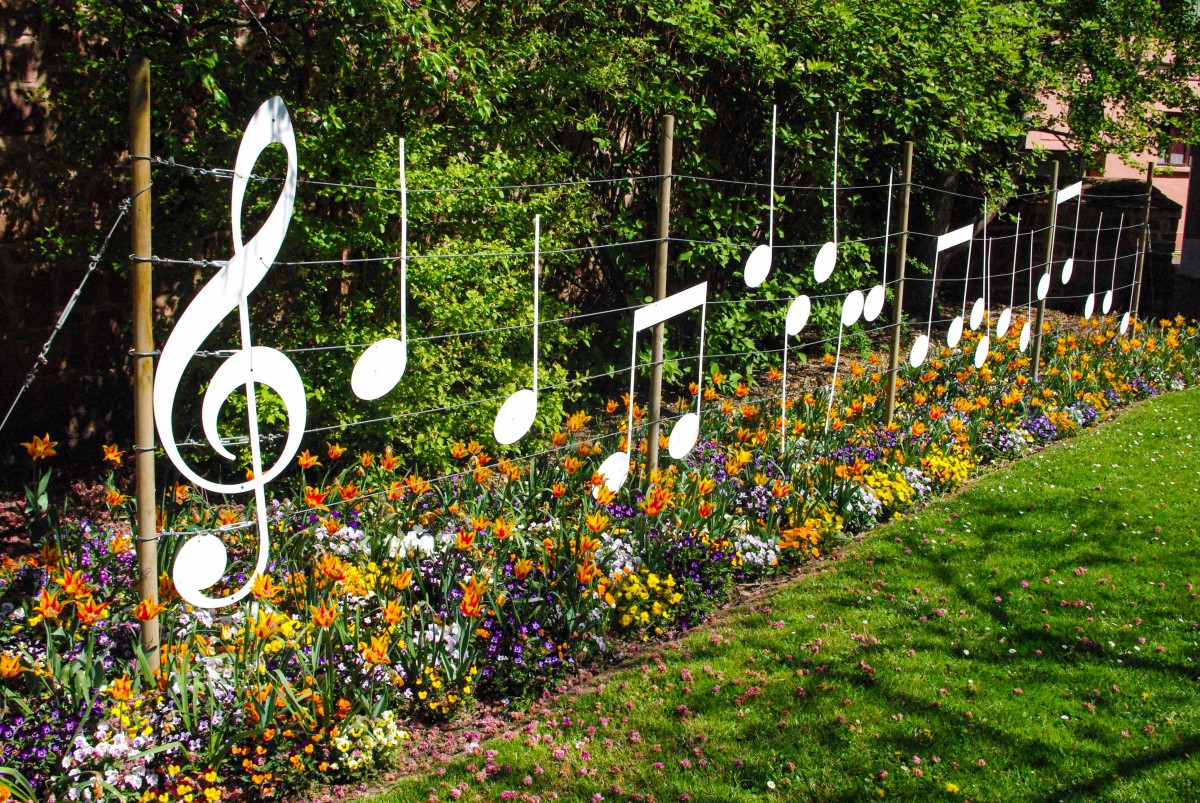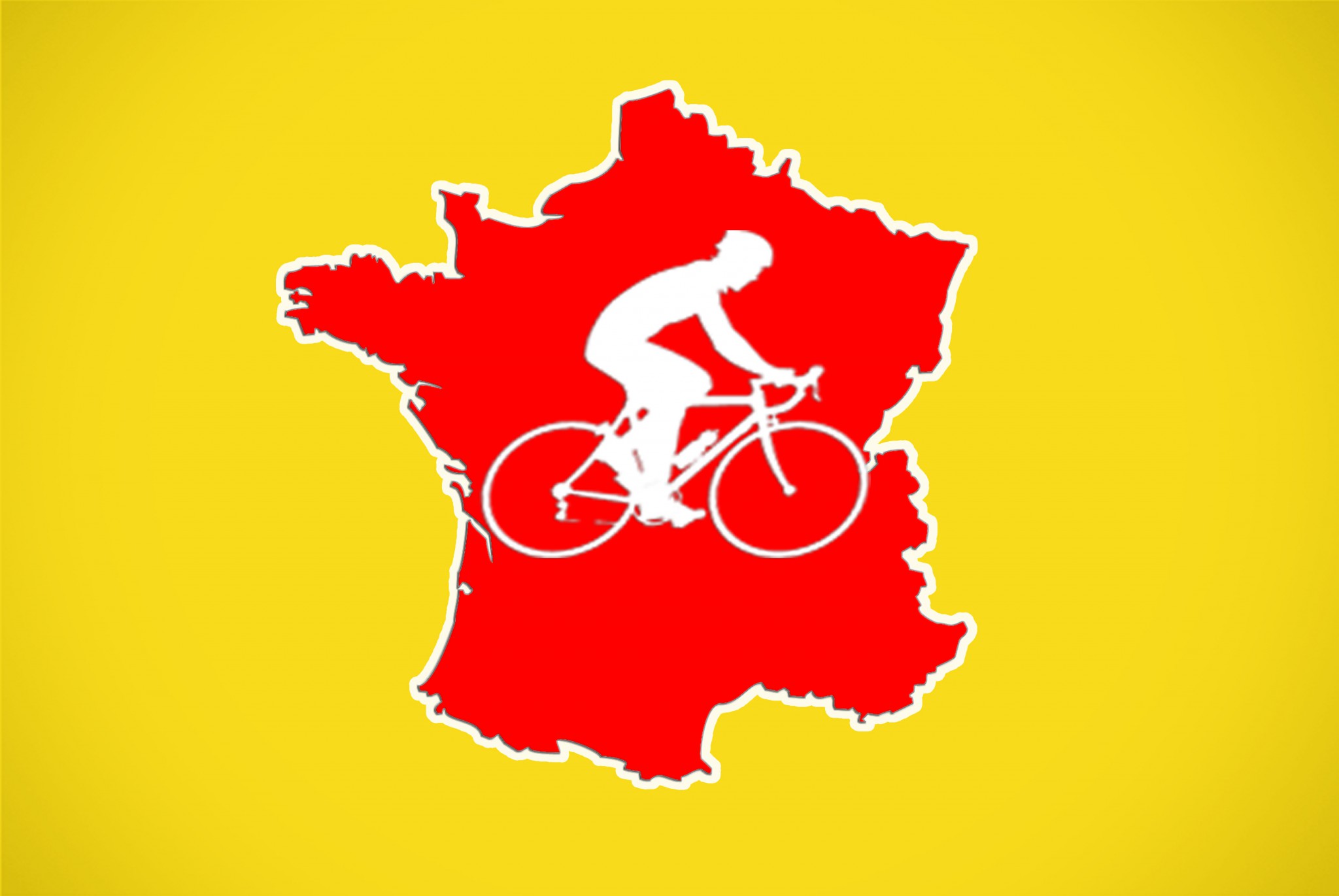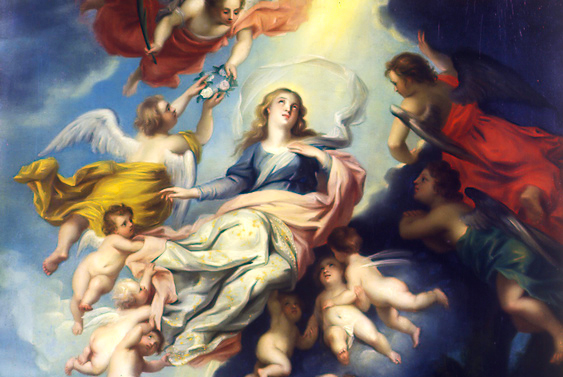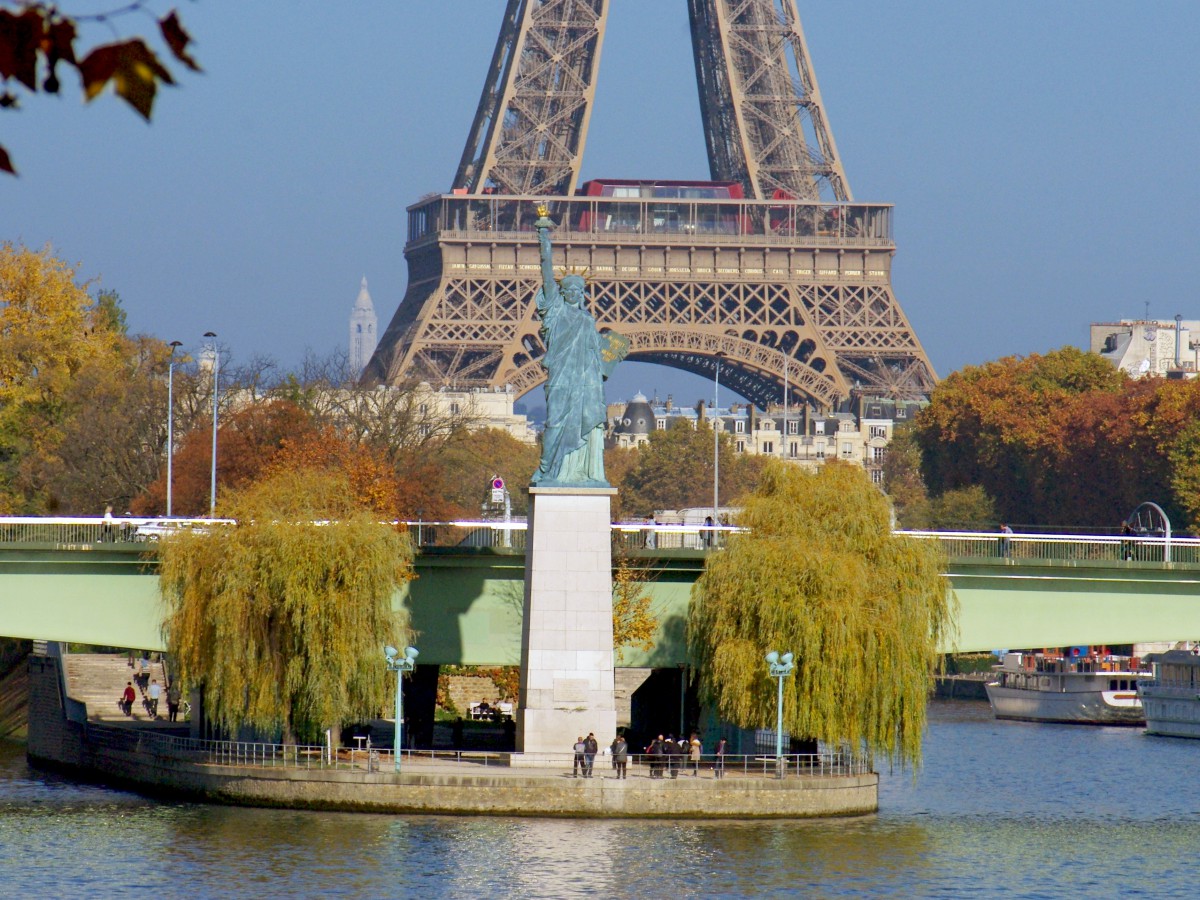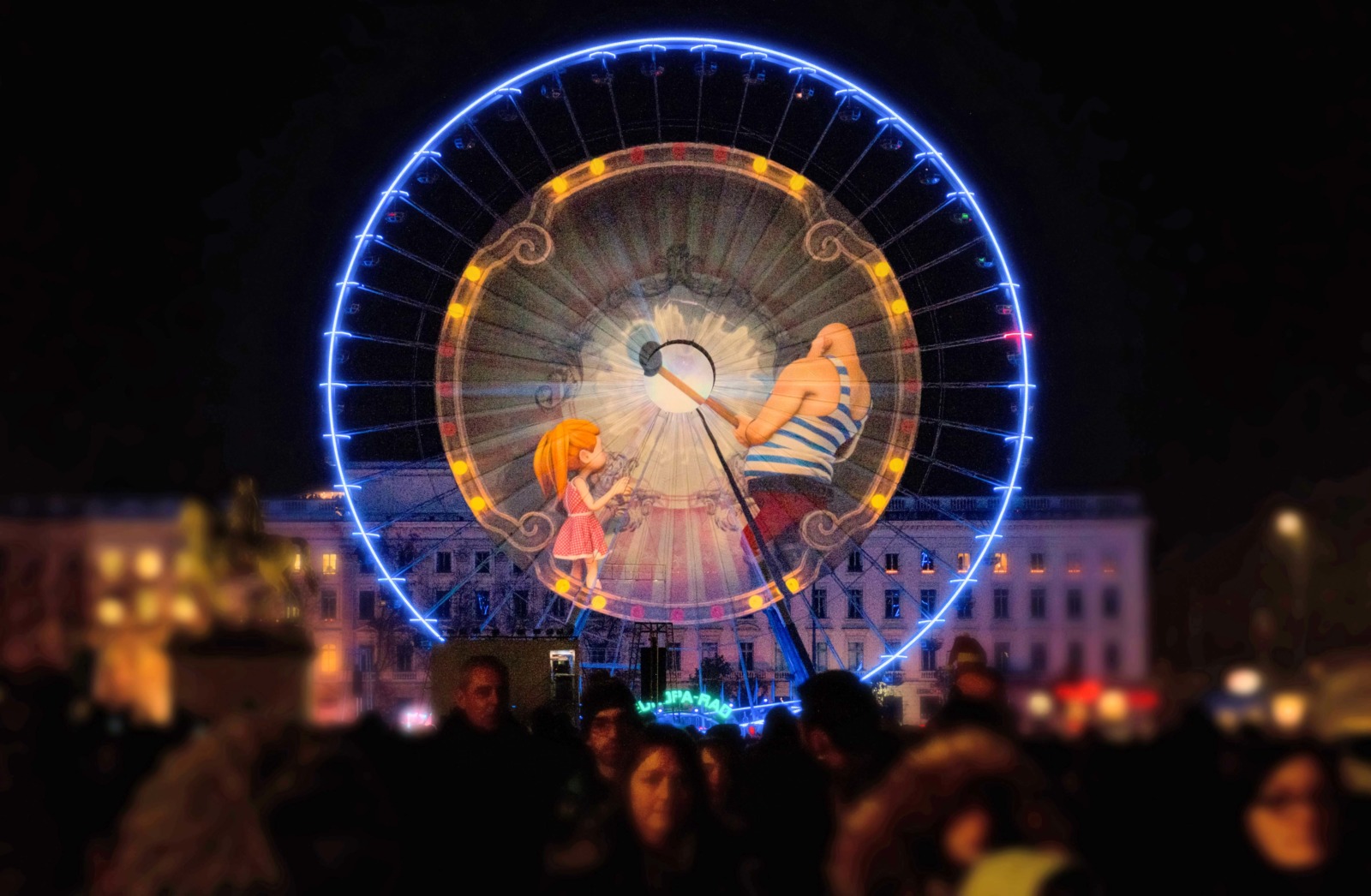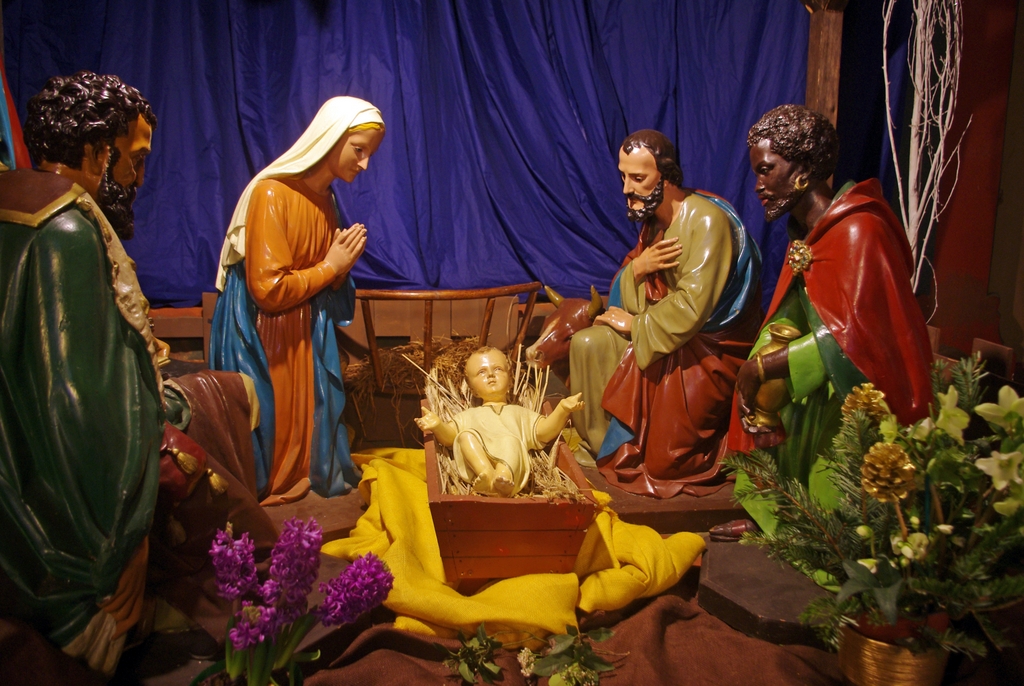In the USA and Australia, Mother’s Day occurs on the second Sunday of May. However, the French have chosen a different date to pay tribute to their mothers. The “Fête des Mères” occurs on the last Sunday of May. As for the United Kingdom, Mother’s Day takes place far earlier, on the fourth Sunday of Lent, which is usually in March. How can we explain all these differences? What are the origins of this special day? Let’s find out about Mother’s Day in France!
🎦 Watch our short video on Mother’s Day in France 🇫🇷
Mother’s Day in English-speaking countries
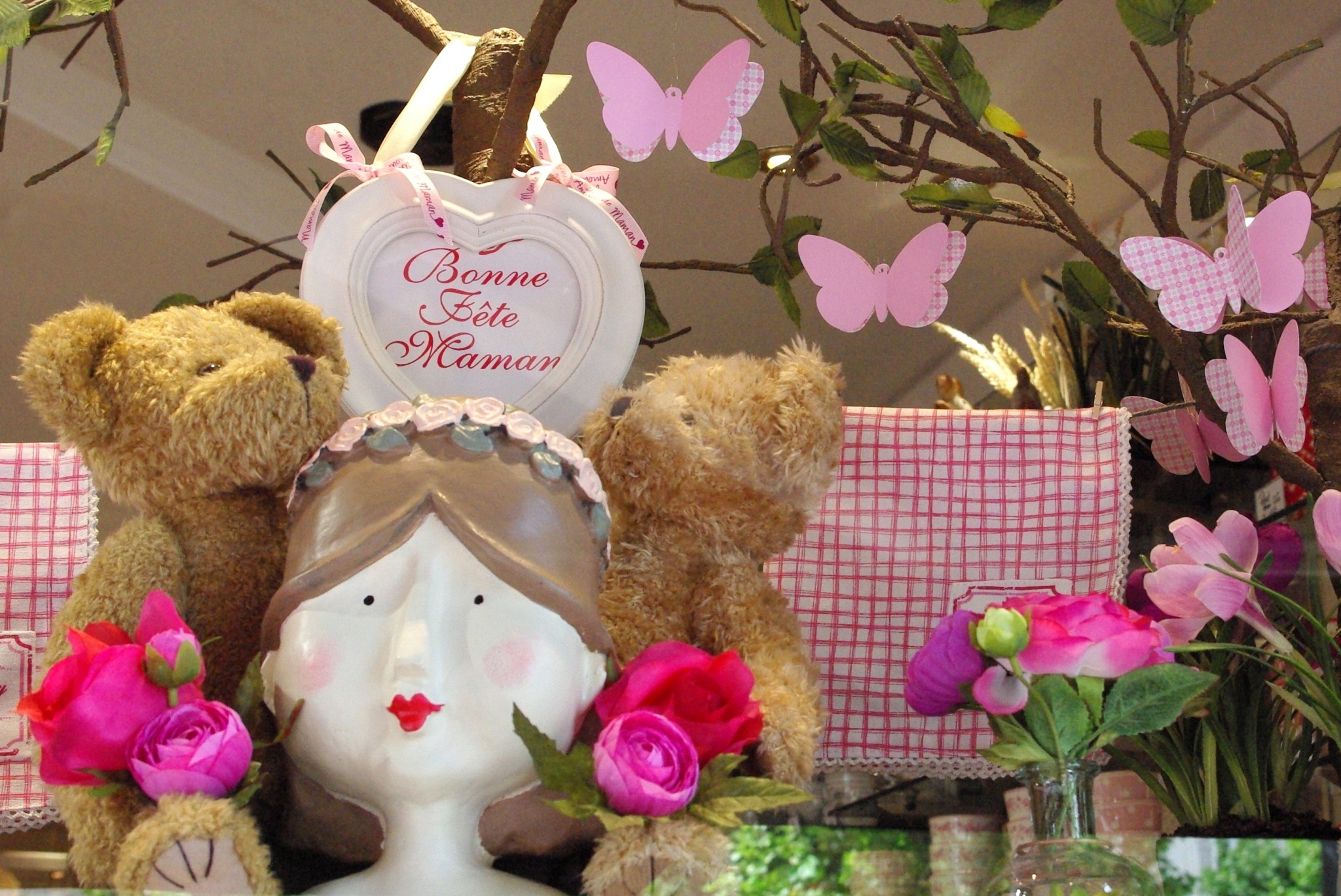
Mother’s Day in Australia
In Australia, the tradition was started in 1924 by Janet Hayden, a lady from Leichhardt, Sydney. She wanted to pay tribute to the destitute mothers from the Newington State Home in Sydney’s western suburbs.
Mrs Hayden offered simple gifts to the women living there, such as cakes, perfume, and hairpins.
This lovely lady wanted to spread the celebration across the whole country, but she did not know how to do it.
So, Mrs Hayden decided to try appealing to the public through Sydney newspapers, which published the idea.
Soon, Mother’s Day became a national celebration in Australia, thanks to Mrs Hayden.
Mother’s Day in the United States
In the United States, tradition has it that Mother’s Day comes from two women.
The first one was named Julia Ward Howe.
In 1870, she campaigned for a peace-oriented Mother’s Day celebration. It lasted for a few years before the rising tradition suddenly stopped.
The second lady was Anna Jarvis.
She first organized a private Mother’s Day celebration to pay tribute to her mother, who had just passed away.
Then, she contacted the churches in her area, which passed on her idea.
The celebration spread to the East Coast before being adopted by the country. American President Woodrow Wilson even designated Mother’s Day as a national holiday in 1914.
Mother’s Day in the UK
The United Kingdom might have been the first country to start the tradition of Mother’s Day.
According to most historians, the origins of the celebration date back to the mid-16th century.
Back then, a Christian celebration took place on the fourth Sunday of Lent (three Sundays before Easter) to honour women and their children.
Initially, it was known as Mothering Sunday. However, British people ended the tradition in the early 19th century.
In the 1910s, a young English lady called Constance Smith tried to bring this Anglican tradition back.
British retailers quickly understood that they could take advantage of such a tradition. Consequently, the modern Mother’s Day was born in the UK in a more secular and commercial way than the original Mothering Sunday.
Mother’s Day in France
The starting point of Mother’s Day in France differs from that of English-speaking countries.
The celebrations in France date back to the Napoleonic era.
In 1806, French emperor Napoleon I established a special day dedicated to the mothers of large families.
This celebration was revived after World War I when an official Mother’s Day occurred in the city of Lyon.

The aim was then to honour the widows who lost their husbands during the war.
The French government officially recognised Mother’s Day in 1929.
In 1941 the Vichy Regime chose the last Sunday of May as the official Mother’s Day date. Nine years later, a law was passed saying that:
“Every year, the French Republic pays an official tribute to Mothers during a special day dedicated to celebrating Mother’s Day”.
The Birthplace of Mother’s Day in France
The charming village of Artas (Isère département) proudly claims to be the “birthplace of Mother’s Day”.
![Artas. Photo by Jean-Paul Corlin - licence [CC BY-SA 4.0] from Wikimedia Commons](https://frenchmoments.eu/wp-content/uploads/2013/05/Artas.-Photo-by-Jean-Paul-Corlin-licence-CC-BY-SA-4.0-from-Wikimedia-Commons.jpg)
On this particular day, two mothers with nine children were awarded the prestigious “Haut mérite maternel” prize.
The original diploma, crafted by Prosper Roche himself, is now safely kept in the Institut de France’s library and the association’s cherished archives.
The Family Medal
In every French municipality, the mayor honours mothers of large families by giving them a special medal: “la Médaille de la Famille” (Family Medal).
The tradition generally took place annually on Mother’s Day. Mothers receive:
- a gold medal if they have more than eight children,
- a silver medal if they have six or seven children,
- and a bronze medal if they have four or five children.
Presents for Maman!
On Mother’s Day, French people offer presents to their mums. The most common gifts are flowers, perfume and jewellery.
French people usually spend around forty euros on a gift for their mothers on that particular day.

In addition to these traditional gifts, custom coins are also a warm and unique gift choice.
Imagine engraving your mother’s name, a special blessing, or a date on an exquisite commemorative coin that means a lot to her. Such custom coins are not only a noble tribute to maternal love but also a precious commemoration that can be passed down from generation to generation.
If you also want to give your mother an extraordinary gift on Mother’s Day, custom coins are not to be missed.
Making gifts for Mother’s Day in France
In France, making gifts for Mother’s Day at school is a really special tradition.
Before Mother’s Day, kids get busy creating something lovely for their mums.
They use various materials, such as paper, paint, and sometimes even pasta, to make their gifts extra special.
From colourful cards with shiny decorations to tiles with their handprints, each gift is made with lots of love.
Teachers help the kids along, giving them a hand when needed and cheering them on.
When the big day comes, the classroom is full of excitement as the kids proudly give their handmade presents to their mums.
It’s a beautiful way for children to show their mums how much they love them, making everyone feel warm and fuzzy inside.
The tradition of the noodle necklace
The tradition of making a noodle necklace, also known as a macaroni necklace or pasta necklace (collier de nouilles, collier de macaronis, collier de pâtes), is a heartwarming practice often embraced by young children, especially in schools.
This simple yet meaningful craft involves threading uncooked noodles or macaroni onto a string, sometimes painting them beforehand for added flair.
In France, children commonly undertake this activity to present their mothers with a handmade gift on Mother’s Day, although its prevalence has waned over time.
Nevertheless, its enduring popularity has cemented it as a symbol of childhood and filial love, firmly intertwined with the celebration of Mother’s Day.
Schools favour this activity because it poses no risk whatsoever; after all, uncooked noodles are entirely edible, and water-based paints used by children are designed to be non-toxic.
This contrasts with traditional bead necklaces, which could present a choking hazard if swallowed by young children.
Ultimately, the noodle necklace represents more than just a simple craft; it embodies childhood’s innocence, creativity, and boundless affection, making it a cherished memento for both mothers and their children.
The worst and best Mother’s Day gifts in France
When it comes to Mother’s Day gifts in France, some presents are definitely more appreciated than others.
Mums might not be thrilled to receive household appliances like an iron or a vacuum cleaner – they’d much prefer something that helps them relax and unwind, like a voucher for a spa day. Or maybe personalised gifts, such as photo albums filled with cherished memories or handmade crafts from the kids.
So, while practical gifts might seem thoughtful, the ones that pamper and indulge mum make her day special!
What date is Mother’s Day in France?
In France, Mother’s Day doesn’t have a fixed date, like Christmas on the 25th of December or Bastille Day on the 14th of July.
It happens on the last weekend of May, so the exact day changes every year. For example, in 2024, Mother’s Day was celebrated on the 26th of May.
Sometimes, another event can affect the date of Mother’s Day in France. That event is Pentecost, which also doesn’t have fixed dates and can fall on the last weekend of May. In that case, Mother’s Day is moved to the first Sunday of June.
For example, Pentecost fell on the last weekend of May (pushing the Mother’s Day celebration into June), most recently in 2015 and 2016.
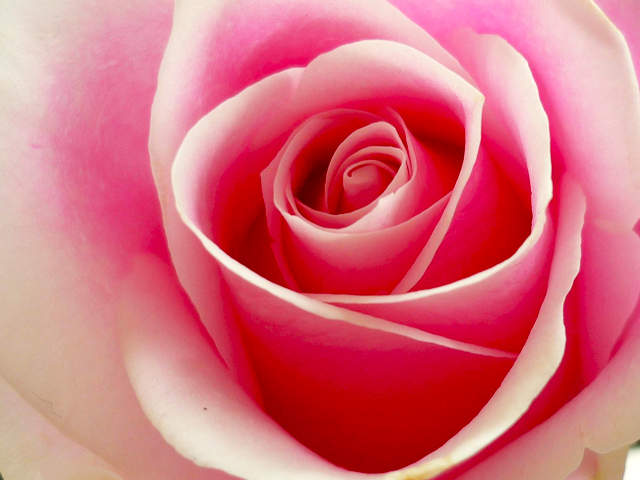
A public holiday?
Although Mother’s Day is not a public holiday in France, it is an important date for French people.
It leaves its mark in May, just like the Ascension and Pentecost Christian celebrations.
As for fathers, they also have their Fathers’ Day: it is held annually in France on the third Sunday of June.
Key figures for Mother’s Day in France
- 57% of French people intend to celebrate Mother’s Day.
- 67% of French people consider Mother’s Day a major event of the year.
- In 2022, there were some 18 million mothers in France
- 2/3 of adults in France intend to give a gift on Mother’s Day.
- The average amount spent on Mother’s Day is 50.07 euros.
- 36% of gifts are flowers, 20% are beauty and care products, and 11% are jewellery.
- 36.7% of French mothers prefer to receive perfumes or cosmetics, 32.3% flowers or plants and 16.7% an object made by a child.
- Florists make 30% of their annual turnover on Mother’s Day.
Find out more about Mother’s Day in France!
- Find out more about Father’s Day on the blog
- The page on Mother’s Day on Wikipedia: in English – in French





